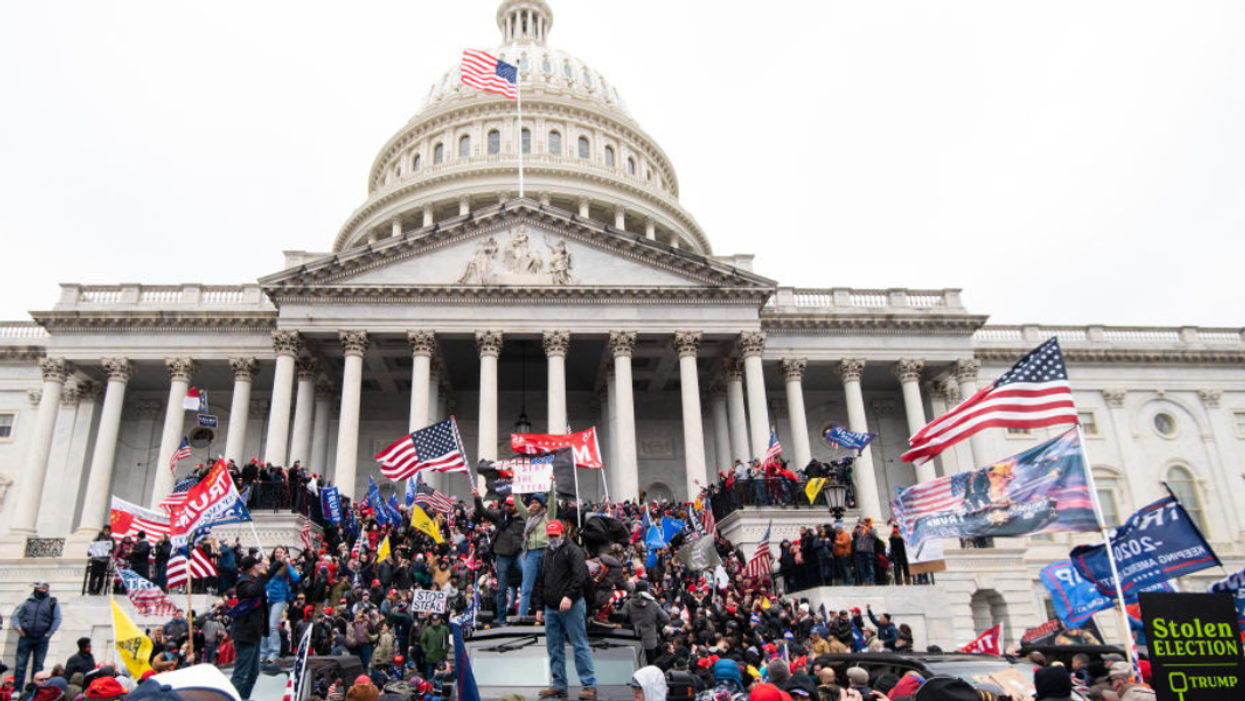Two years ago, extremists attacked the physical citadel of democracy. Today, extremists are assaulting the institutional pillars of Congress, in an offensive that could inflict even more lasting damage.
Consider the demands that hard-right conservatives opposed to California Republican Kevin McCarthy as Speaker have made, some of them already proposed as House rules:
·A balanced federal budget with no deficit spending, an objective that, however worthy over the long term, could upend the economy if it’s imposed overnight or shuts down the government.
·More freedom to eliminate federal offices and fire government workers, potentially decimating the nonpartisan civil service that serves as a cornerstone of effective governance and a functioning democracy.
· Defund the Internal Revenue Service, making it easier for the super rich to evade taxes, and harder for the government to fund its operations—and balance the budget.
· Gut the House ethics panel, officially the bipartisan Office of Congressional Ethics, making it harder to hire staff and imposing term limits that would effectively oust most of the panel’s Democratic-appointed members.
The anti-McCarthy brigade, led by such Freedom Caucus firebrands as Andy Biggs, of Arizona, Matt Gaetz, of Florida, and Virginia’s Bob Good, casts its agenda as a bid to bring back “deliberation and input by the body” that serves as “the people’s voice.” That’s how several of them put it in a “ Dear Colleague ” letter outlining their concerns that also called for re-opening the legislative process to allow House members more time to read and amend bills.
Allowing more time to read bills sounds reasonable enough, but that same letter also made clear the economic chaos conservatives could unleash if they refuse to raise the debt limit or approve a federal budget. The letter urges using “Must-Pass” legislation to “Check the Biden Administration,” leveraging appropriations bills, for one, to “utilize the power of the purse to actually stop the border insurgency, restore energy freedom, and/or block the hiring of more IRS personnel to harass Americans.”
The real agenda of the group blocking McCarthy, which has grown to some 20 lawmakers, is to slash the size and reach of the federal government, an ideological crusade that has been building since the days of former GOP House Speaker Newt Gingrich in the 1990s and the Tea Party movement launched in 2009. Now, with a new crop of far-Right Republicans bolstering the Freedom Caucus, the GOP lurch to the right is nearing its logical conclusion with full dysfunction in the House.
Is this worse than the loss of seven lives in connection with the January 6 assault on the Capitol two years ago, and a president who, according to the House select committee that investigated that attack, violated the law on several fronts in seeking to overturn the 2020 election?
It remains to be seen whether far-right House members succeed in dismantling key ethics, governance and economic safeguards that aim to keep American government transparent, accountable and functional. But the successes of the January 6 committee, on the second anniversary of that assault, are ominously overshadowed today by a House minority’s determination to interfere with Congress through institutional, if not physical, destruction.





















